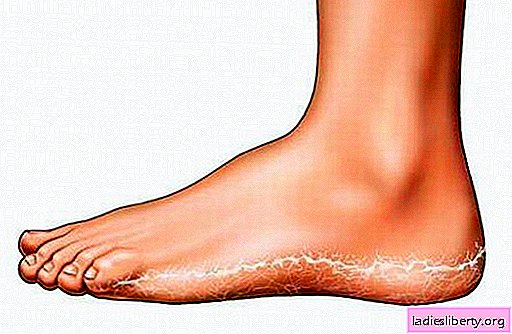
Irritable bowel syndrome (abbreviation: IBS) is a group of functional bowel disorders that make up up to 50% of all visits to a gastroenterologist. Proper nutrition helps not only reduce symptoms, but also completely reverse the disease. Some foods can aggravate stomach pain, inflammation, or other symptoms. How to eat with IBS?
Dietary basics: how to eat with irritated bowels?
Basic nutrition rules:
- Take breakfast, lunch, and dinner regularly;
- Avoid the long interval between meals;
- Avoid large meals;
- Chew food thoroughly and without stress.
Patients are advised to consume a sufficient amount of vitamins, fats, proteins, carbohydrates and minerals.
How does alcohol affect irritable bowels?
Alcohol affects the absorption of nutrients, the motility and permeability of the gastrointestinal tract. However, data regarding alcohol in IBS are limited. Contrary to common misconceptions, alcohol does not worsen the course of a functional disease.
In women with IBS, abdominal pain and diarrhea are reduced by consuming 15 g of ethanol per day. Higher doses, however, exacerbate adverse symptoms.
Conflicting results regarding alcohol and IBS underline the need for more research. Currently, patients are not recommended to take alcoholic beverages.

Does caffeine have an adverse effect on the intestines?
It has been demonstrated that coffee increases the secretion of gastric acid and the motor activity of the colon in healthy people. Coffee has a laxative effect on susceptible people.
Several studies have proven that coffee and tea can exacerbate the symptoms of the disorder. However, the results are contradictory: patients who regularly drink coffee did not experience more pronounced symptoms.
According to Korean scientists, caffeine use does not statistically significantly affect patients with irritable bowel syndrome. Conclusion: coffee can be consumed, but in moderate doses.
Is spicy foods good for IBS?
Most patients report that eating spicy foods causes abdominal pain and gastroesophageal reflux. A large study of Iranian adults has recently been conducted.
Scientists have shown that spicy foods significantly increase the likelihood of IBS in women, but not in men. However, this study was conducted in an Asian country, where the average daily consumption of chili is 2.5-8 g / person. Which is much higher than in Russia and Europe.
Capsaicin is believed to be the active ingredient in red chili, responsible for the effects of spicy foods on the intestines. Capsaicin accelerates intestinal motility, and is also able to cause a burning sensation and pain in healthy people. Several studies have shown that adding red pepper exacerbates abdominal pain in patients with IBS. It is important to note that in these studies, high doses of spices were used as a treatment. Conclusion: it is recommended to reduce the consumption of spicy food.
Do fatty foods increase intestinal irritation?
About 80% of patients react negatively to foods rich in fat. Avoiding fatty foods is one of the most effective approaches to preventing IBS.
Patients are advised to avoid fried foods and meat products with a large addition of vegetable oils.
Laboratory studies have shown that fats inhibit the motility of the small intestine and retain gases in the intestines. However, there is no evidence that a reduction in fat intake will lead to a decrease in the symptoms of the disease.
Dietary fiber eliminates intestinal irritation - myth or truth?
For a long time, it was believed that an increase in dietary fiber intake reduces irritable bowel symptoms. Currently (2018), this view has been largely revised.
In some patients with IBS, taking fiber can increase stomach pain, bloating, and flatulence.
The effectiveness of fibers in IBS is often discussed in terms of soluble and insoluble. Nutritionists recommend increasing the intake of soluble fiber and reducing insoluble fiber.
A famous doctor tells more about IBS:











